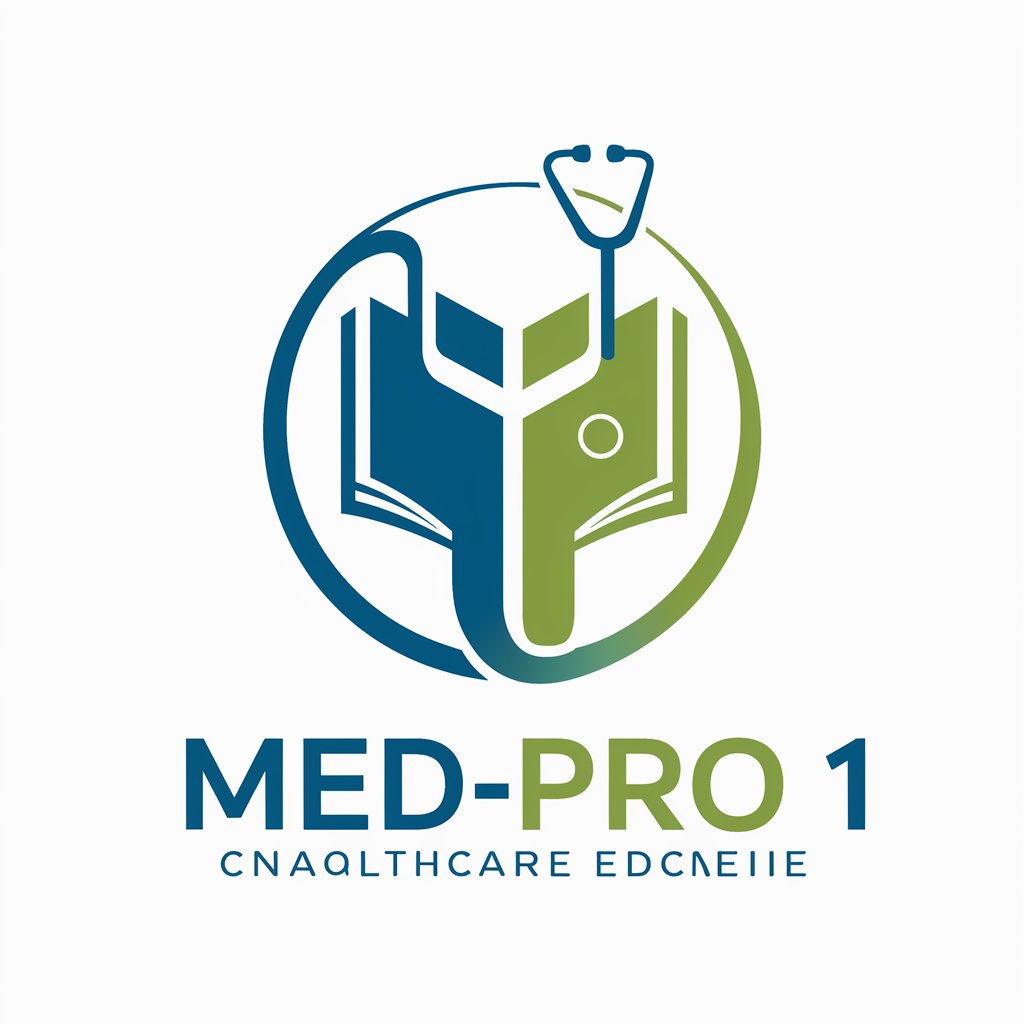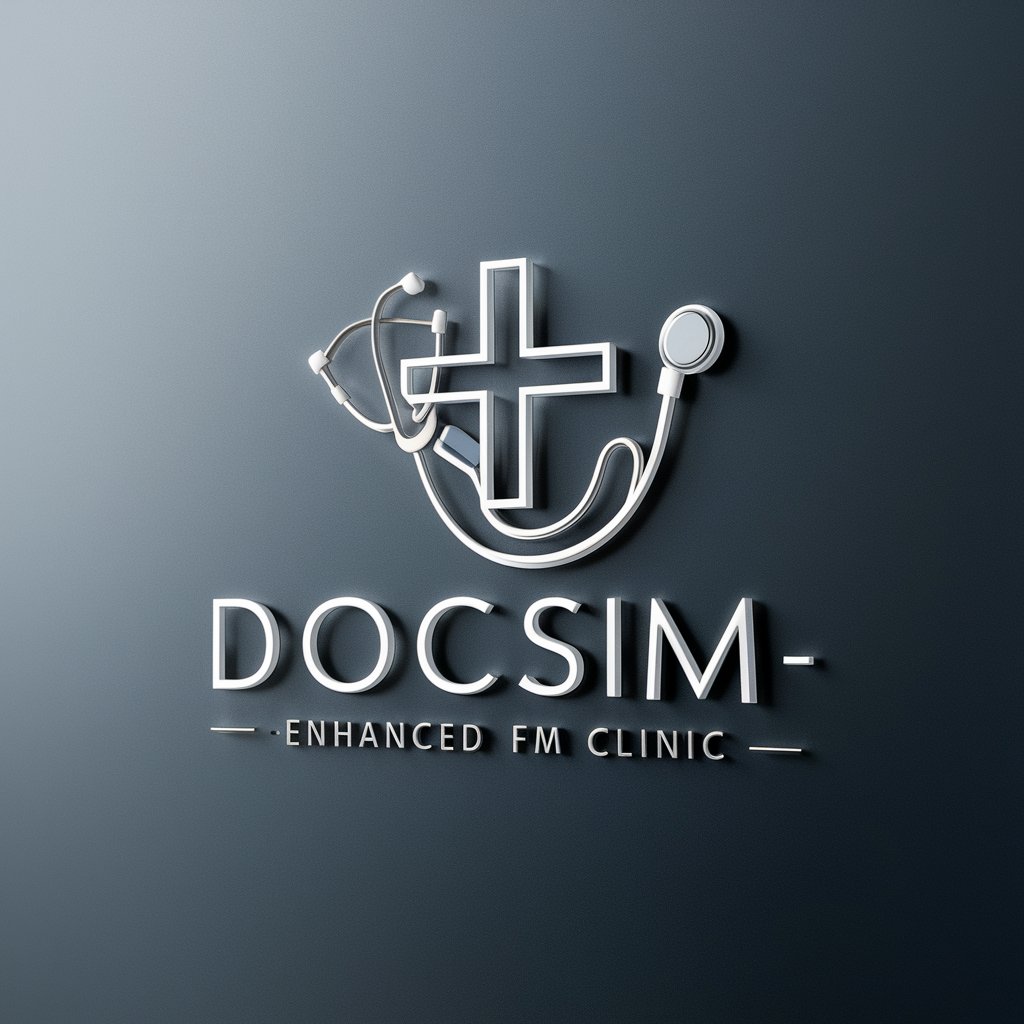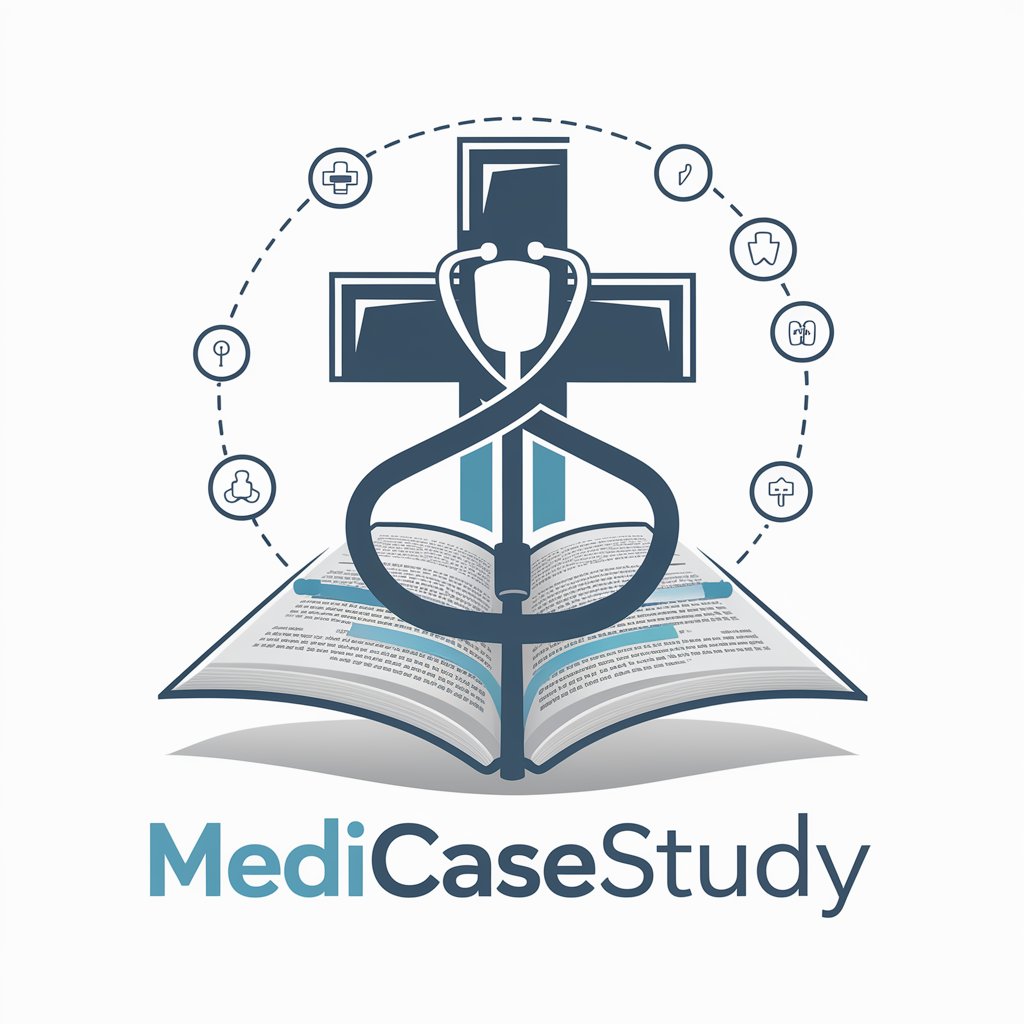
ECOS - OSCE - Clinical Skills - Scenario - UNIL - clinical skills assessment tool
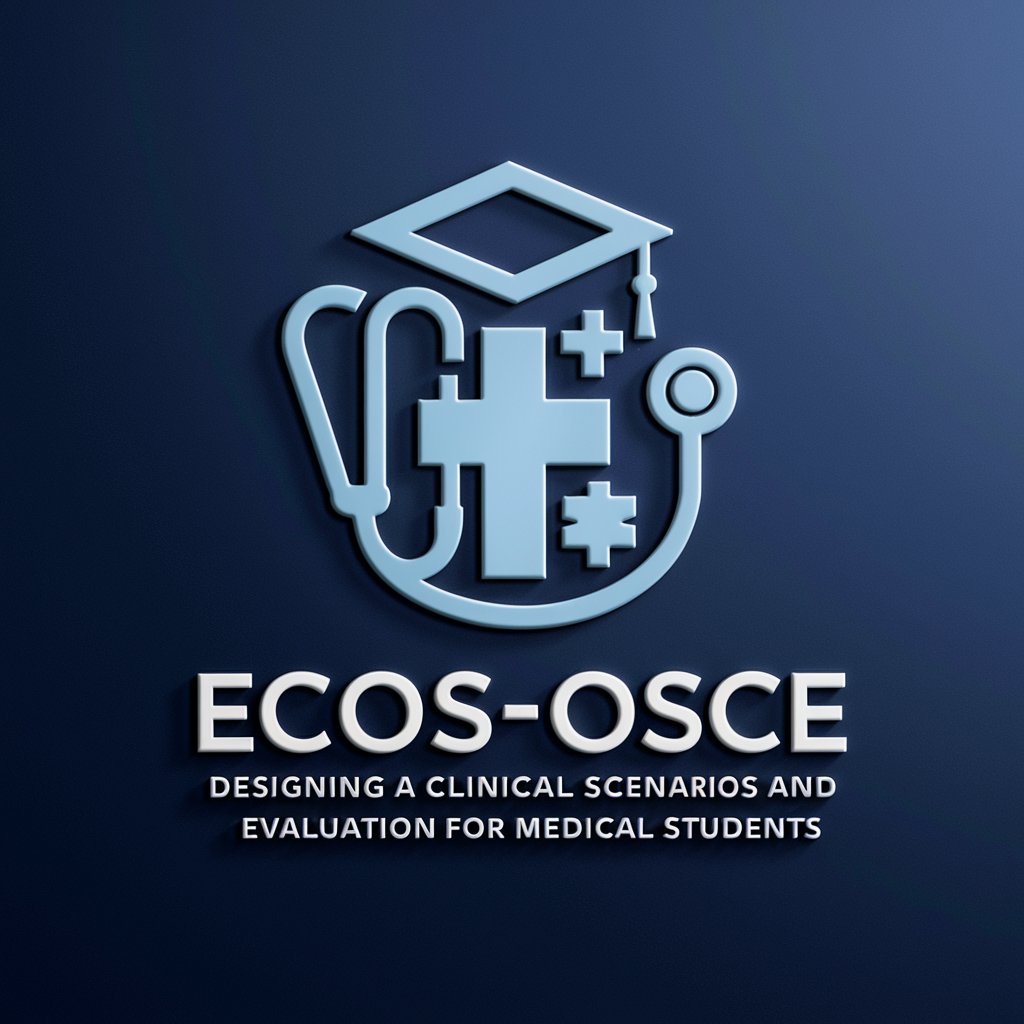
Welcome to ECOS Clinical Skills!
Simulate and evaluate with AI
Create a clinical scenario for a patient presenting with...
Design an evaluation grid for assessing...
Generate a detailed patient history and symptoms for...
Outline the diagnostic steps and possible examinations for...
Get Embed Code
Introduction to ECOS - OSCE - Clinical Skills - Scenario - UNIL
The ECOS - OSCE (Évaluations Cliniques Objectives Structurées) is a specialized tool designed to aid in the training and assessment of clinical skills for medical students. It facilitates the creation of realistic clinical scenarios, which students navigate as part of their educational curriculum to demonstrate proficiency in clinical tasks. An example scenario might include a student being asked to diagnose a patient based on symptoms presented and medical history provided, replicating real-world medical challenges in a controlled environment. Powered by ChatGPT-4o。

Main Functions of ECOS - OSCE - Clinical Skills - Scenario - UNIL
Creation of Clinical Scenarios
Example
A scenario for assessing the diagnosis and management of asthma could involve a simulated patient presenting with wheezing, shortness of breath, and a history of allergies. The student would need to gather history, perform a physical examination, and propose a management plan.
Scenario
Asthma Diagnosis and Management
Structured Clinical Examinations
Example
An OSCE might involve multiple stations where students are evaluated on specific skills such as suturing, interpreting X-rays, or communicating bad news to a patient, with each station designed to test a particular aspect of clinical competence.
Scenario
Multi-Station Clinical Skills Assessment
Customization and Flexibility in Scenario Creation
Example
Educators can generate scenarios based on specific educational goals or requirements, such as emergency response for anaphylaxis, where the scenario involves a patient suddenly developing severe allergic reactions and requiring immediate intervention.
Scenario
Anaphylaxis Emergency Response Training
Ideal Users of ECOS - OSCE - Clinical Skills - Scenario - UNIL
Medical Students
Students benefit from simulated clinical experiences that prepare them for real-world medical practice, enhancing their diagnostic and patient management skills in a risk-free environment.
Medical Educators
Educators utilize these tools to structure assessments and teaching modules, tailor-made to fit curricular goals and ensure students meet clinical competencies.
Medical Schools and Training Programs
Institutions adopt this tool to standardize training and evaluation processes across their programs, ensuring consistency and comprehensive coverage of necessary skills and knowledge.

Usage Steps for ECOS - OSCE - Clinical Skills - Scenario - UNIL
Initial Access
Visit yeschat.ai to start a free trial without needing to log in, and without the necessity for a ChatGPT Plus subscription.
Select Scenario
Choose a clinical scenario or create a custom one using a situation starting point (SSP) relevant to your educational needs.
Scenario Customization
Customize the clinical scenario details including patient history, symptoms, and potential diagnoses to match the educational objectives.
Evaluation Grid Setup
Set up an evaluation grid based on the chosen scenario to assess student performance in various clinical skills.
Review and Feedback
Use the tool to conduct assessments and provide structured feedback to students based on their performance in the scenario.
Try other advanced and practical GPTs
爆文编写大师
AI-powered Article Generation

微信公众号标题神器
Crafting Conversational Titles with AI

간추린 뉴스봇 ft. 카드뉴스
Condense News Swiftly with AI
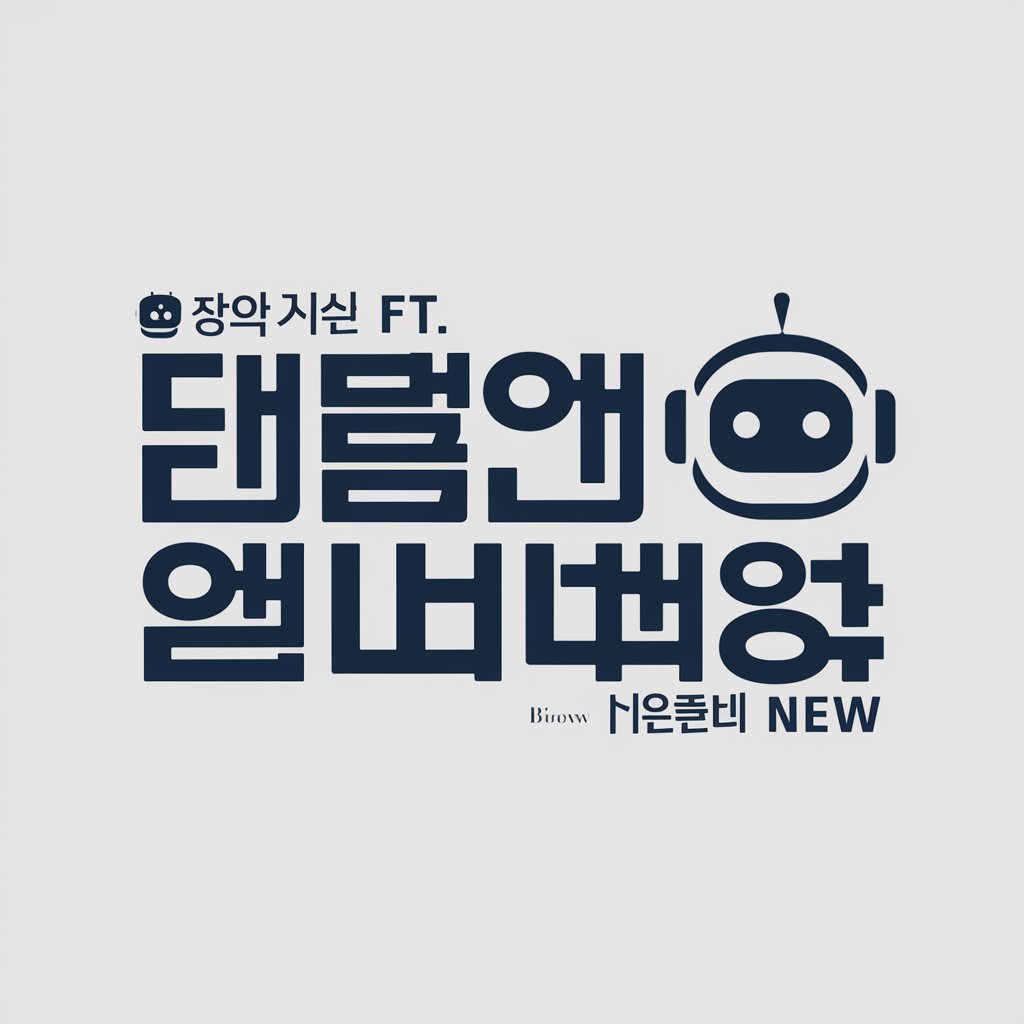
Dictionary
Empower Your Words with AI

PDF to Markdown
Transform PDFs to Markdown effortlessly

Переводчик с русского на аргентинский испанский
AI-Powered Cultural Translator
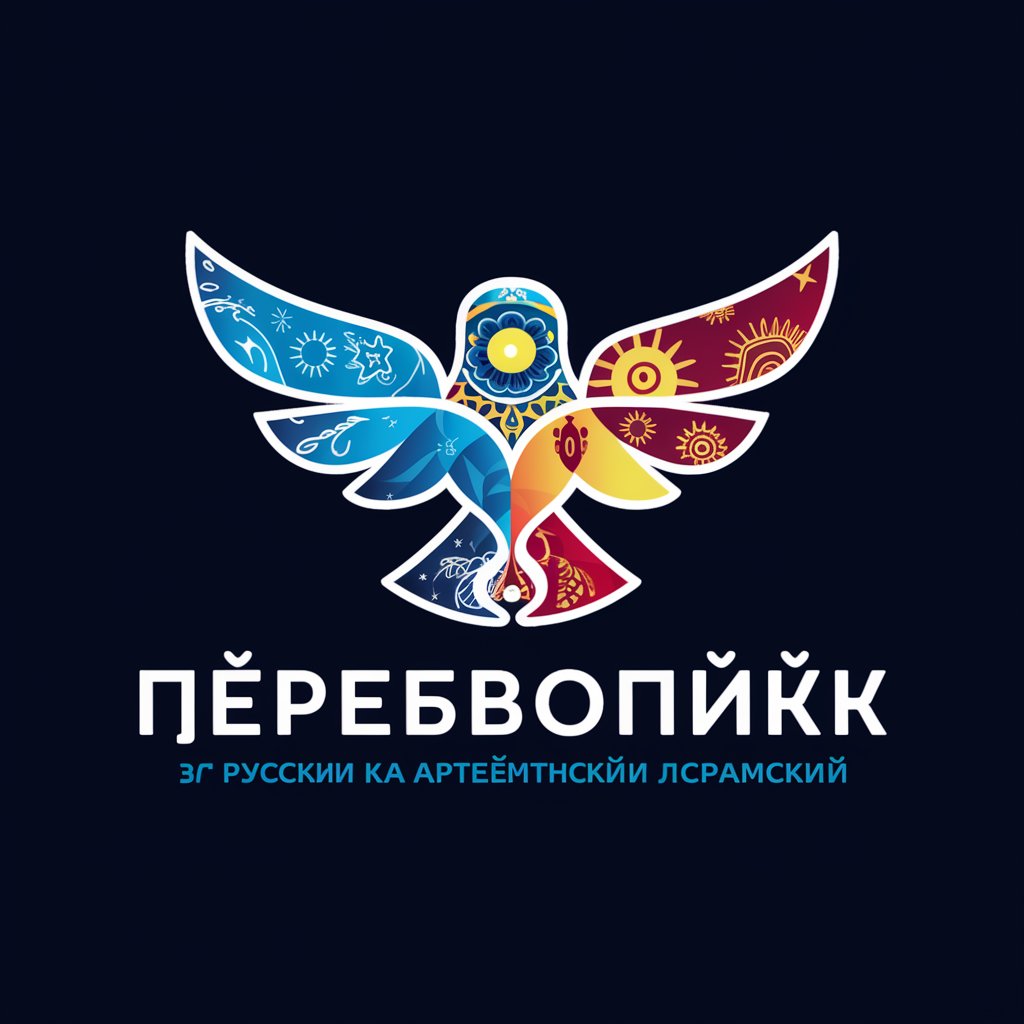
GitHub README
Craft Your Project's First Impression

OSCE Patient Simulator
Revolutionizing Medical Training with AI
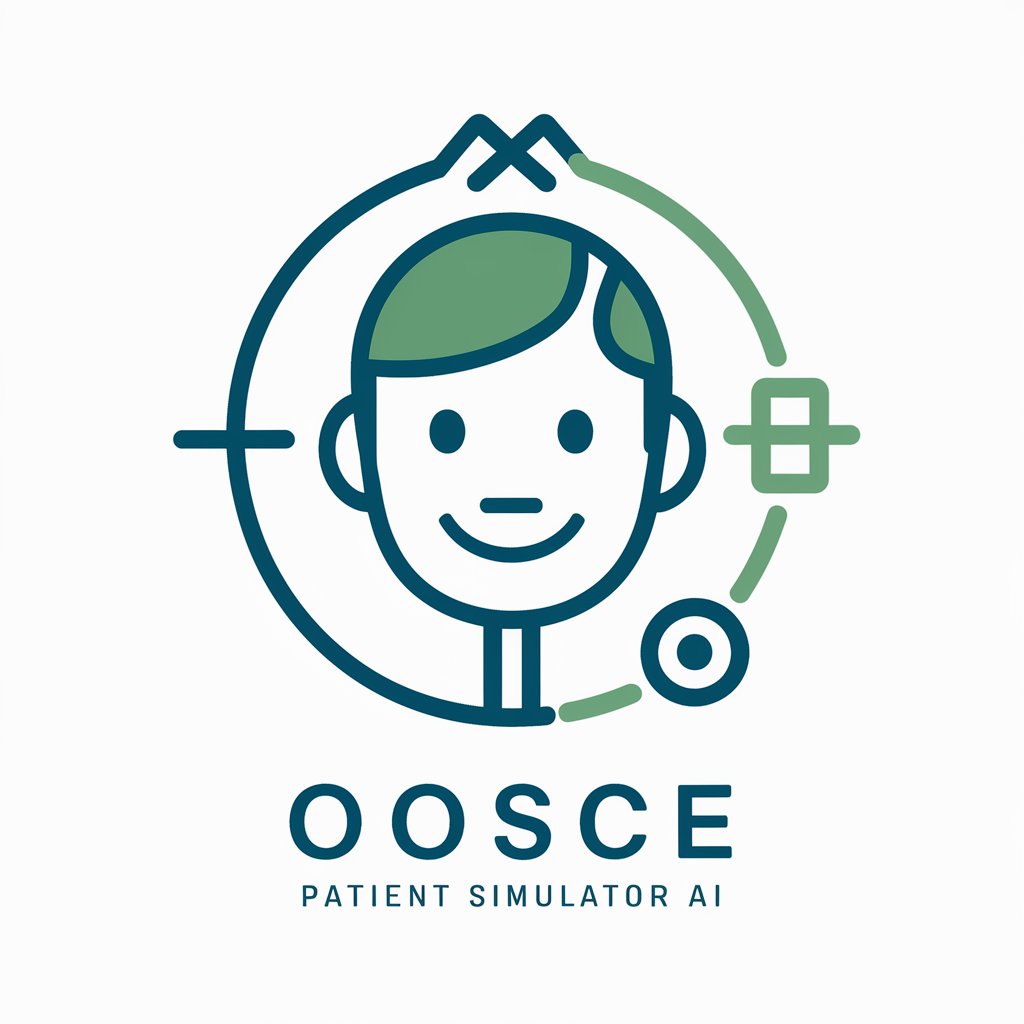
PPT Generator
AI-powered presentation crafting

ppt expert
AI-driven PowerPoint design for everyone

Our Annals 웨딩북
Craft Your Love Story with AI

CODIE
Your Personal AI Coding Coach

Frequently Asked Questions about ECOS - OSCE - Clinical Skills - Scenario - UNIL
What is an ECOS in the context of clinical skills training?
ECOS stands for Evaluation Clinique Objective Structurée, a method used in medical education to objectively assess students' clinical skills through simulated medical scenarios.
Can I create custom clinical scenarios using this tool?
Yes, you can create custom clinical scenarios tailored to specific educational needs or use predefined scenarios based on common clinical conditions.
How can I assess students using the ECOS tool?
Assessment is conducted through a structured evaluation grid that maps student responses and actions in a simulated scenario to expected clinical skills and knowledge.
Is there a feature to simulate patient interactions?
Yes, the tool includes features that simulate patient histories and interactions, allowing students to practice history taking, diagnosis, and patient communication.
Can I export the results of the ECOS assessments?
Currently, exporting the results into a document format for further analysis and record-keeping is in development, enhancing how educators can document student progress.
